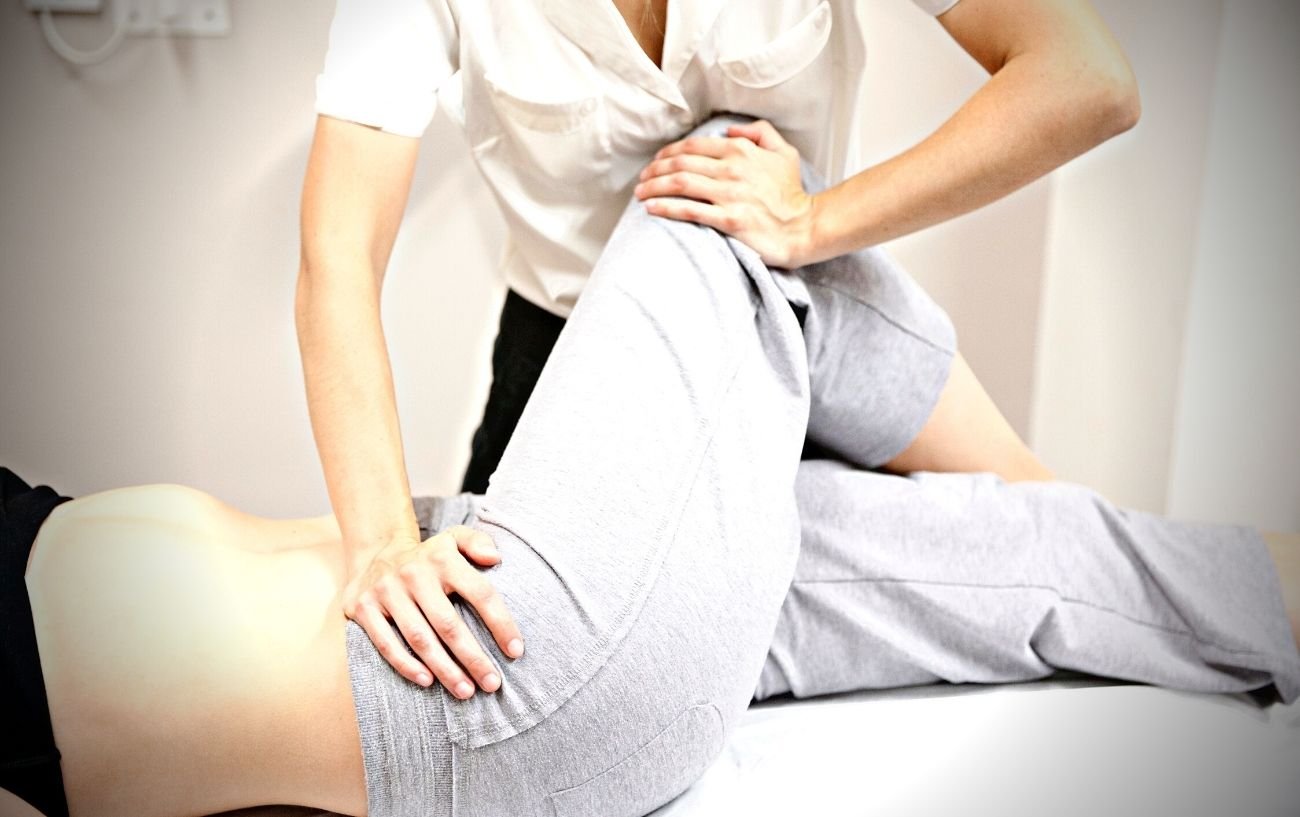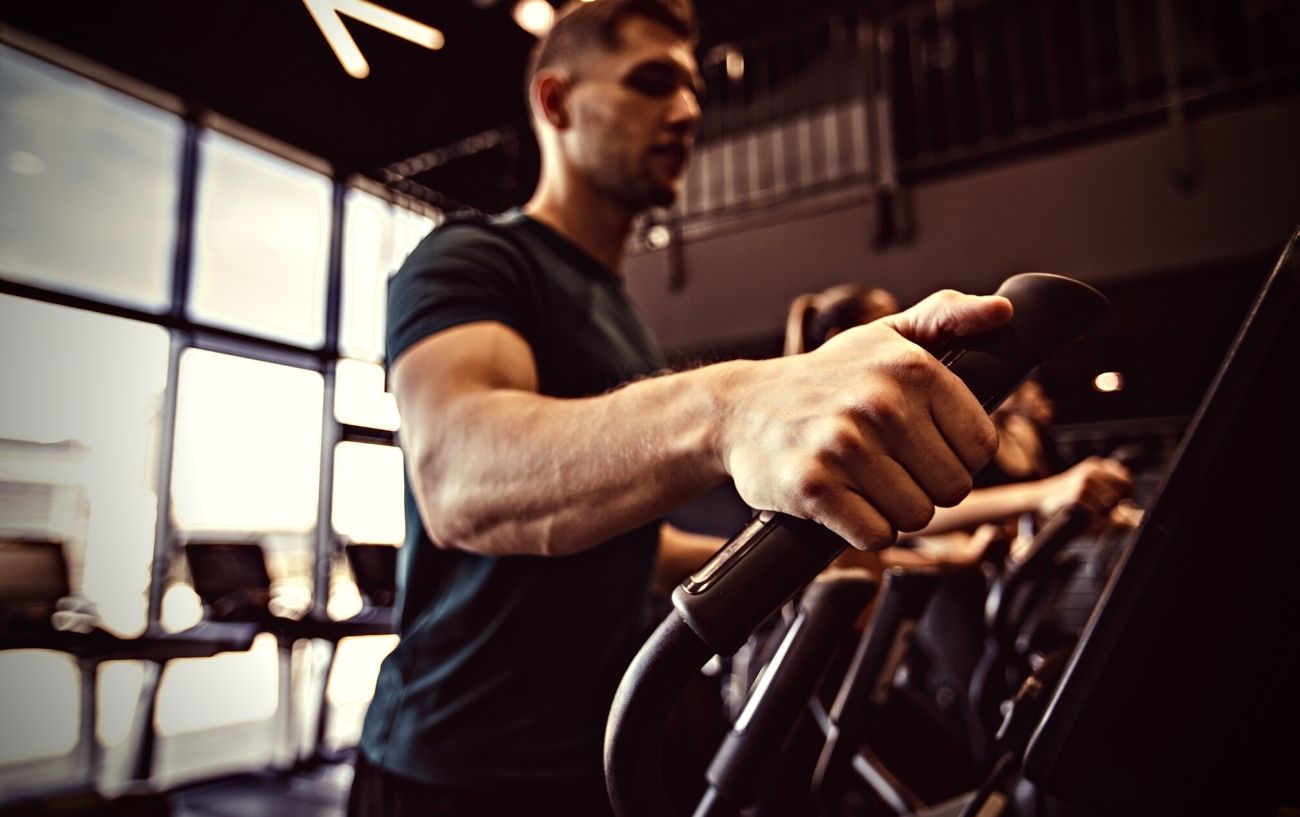Training for your first marathon can often feel overwhelming. Running 26.2 miles is quite a feat; taking on this challenge requires hard work, time, and dedication. But trust us, it’s always worth it in the end!
Marathon training for beginners can be approached in a couple of different ways:
Jumping in and just winging it (not recommended by any means), doing some research, like you are today, to go about training in a safe and healthy manner, or hiring a running coach to guide you through it step by step.
Getting our expert help can make your marathon journey much more enjoyable and hopefully motivate you to become a perpetual marathon runner for years to come.
In this guide, I will share my ten top marathon tips for beginners to help with your training, coach you on running a marathon, and cross the finish line with a smile from ear to ear.

10 Marathon Tips For Beginners
#1: Follow A Training Plan
The absolute opposite of winging it and just heading out for runs now and again is following a well-thought-out, professional training plan for your first marathon.
There is a wide variety of beginner marathon plans out there for you to choose from, depending on your current fitness level and available training time.
At Marathon Handbook, our coaches have created marathon training plans for every level, so choose which one works best for you to get started. Check out our Marathon Training Plan Database to browse through the training schedules and see which one is a fit for you.
A proper beginner marathon training plan will ease you into running by following the golden rule of gradually increasing your weekly volume by no more than 10%, including cross-training and strength training, and fitting everything together in a perfect jigsaw puzzle to prepare you adequately while reducing your risk of injury.
If you want to be even more thorough, you can hire a running coach and have your marathon training plan personalized especially for you, taking into account your fitness level, schedule, and goal. You will also receive helpful feedback and strategies for efficient improvement.

#2: Don’t Focus On Pace
For a first-time marathon, don’t focus on your pace! Have fun, run comfortably, and get across the finish line ready and eager to plan your next.
You’ve undoubtedly seen marathoners running time trial tests to calculate their projected marathon pace and finish time. However, this is more appropriate for those who already have a first marathon finish time and are looking to pace train for their following one in hopes of a PR.
You could run a 3K test to get a general idea of how long it will take you to finish your marathon. However, this would be a rough estimation. It isn’t necessary, as you’ll get a feel for your finish time according to your long runs as you progress throughout your training plan.
One of the best marathon tips for beginners is to run comfortably and not worry about pace and timing.
Enjoy your training, enjoy your marathon, and you’ll have plenty of time to worry about pace later on.

#3: Respect Your Rest Days
You’ll see that any marathon training for beginners plan, or any training plan for that matter, will have planned rest days.
Respect the appointed rest days, which are critical for your health and well-being. Ensure your body has enough time to bounce back from the stress and strain you put on it while training for your first marathon.
Training for a marathon is exciting, and you may feel energized and strong and want to head out every single day of the week to pound the pavement.
However, that will take an unwanted toll on your body in the long or short run, and a discouraging injury is the last thing we want during our training process.
Follow your training plan to a T, respecting your rest days.
If you feel too sore, tired, or too exhausted to go out, take an extra rest day here and there to ensure you are taking good care of yourself and allowing your muscles, joints, and connective tissues to rest and repair so you are in tip-top shape for your next marathon running session.

#4: Strength Train
This tip can not be emphasized enough.
Strength training is essential for all runners, whether you’re a 100-meter sprinter, a half marathoner, a marathoner, or an ultra-marathoner.
Beginner runners benefit significantly from resistance training as strengthening muscles results in a lower risk of injury and a quicker adaptation rate to running.
Stronger muscles = stronger runners.
As a running coach, I strongly suggest you add two days of strength training to your beginner marathon training plan. Ensure the workouts are total-body, including compound exercises such as squats, deadlifts, lunges, step-ups, push-ups, rows, and planks.
For more information, read our full guide on Strength Training For Runners.

#5: Warm Up & Cool Down
Two important marathon training tips for beginners are to warm up before any run or workout and cool down afterward.
Warming up primes your body and mind for the workout to come and assists in again, lowering your risk of injury,1Amako, M., Oda, T., Masuoka, K., Yokoi, H., & Campisi, P. (2003). Effect of Static Stretching on Prevention of Injuries for Military Recruits. Military Medicine, 168(6), 442–446. https://doi.org/10.1093/milmed/168.6.442 such as pulling a muscle by running on cold legs.
Warm up with 5-10 minutes of brisk walking or light jogging, depending on your fitness level, and then perform 5 minutes of dynamic stretches.
These dynamic stretches can include floor sweeps, heel and toe walks, butt kicks, high knees, goblet squats, and Frankensteins.
Dynamic stretches are just that: dynamic, or stretching in constant motion. You never want to do a static stretch before running; leave that until after your run, when your muscles are already warm.
After your runs, cool down with an easy walk and then static stretch (holding each stretch for a minimum of 30 seconds).
Be sure to include post-run stretches for your hamstrings, quadriceps, glutes, calves, IT band, and any other muscle you feel you have used during your run.
Be sure to complete these steps, as they are essential to a complete and healthy workout.

#6: Learn How To Fuel and Hydrate Properly
During your marathon, your body will need fuel and hydration to push you through those 26.2 miles.
Fueling and hydration must be well-practiced during longer runs to ensure that your fueling strategy will work come race day.
There are two different aspects to this one of our marathon tips for beginners.
- Carbohydrates for fuel
- Fluid for hydration
Both of which must be taken throughout the entirety of your marathon.
As for your carbohydrates, here is a good rule to follow if you are unsure of how much to take in per hour:
Weight in kilos = number of grams of carbohydrates consumed per hour

Therefore, if you weigh 70 kilos or 154 lbs., you would need around 70 grams of carbohydrates per hour during your race to feel energized and avoid hitting the famous “wall.”
Check the nutrition labels of the fuel you are using to calculate your needs per hour.
For example, most energy gels contain anywhere from 20-25 grams of carbs per package, so if this 70-kilo person relied on gels, they would need to consume three gels per hour throughout the race.
Depending on your preferences, gummies, bars, jelly beans, and even solid food can be calculated for your fueling strategy. Just make sure you get enough carbs in to top off those glycogen stores.
Electrolyte-carbohydrate-filled sports drinks can help you fuel and hydrate simultaneously.
As for hydration, if you want to be accurate, you can take a sweat test to calculate the amount of water you sweat per hour. When you take the test, just make sure you are performing it in conditions similar to your race so your sweat rate will be the same.
Whatever your result, sip and don’t chug your hydration as you run to avoid any tummy trouble.
Practice your fueling and hydration strategy during every long run. Therefore, when you get to your race, you have it perfected and know precisely what works for you.
Just as an extra note, I always do a mini carb-loading meal the night before a long run to practice what I will do the night before race day. A plate of pasta or rice is a great simple carb to help get you primed for long training runs.

#7: Get The Right Running Shoes
A comfortable running outfit, a fancy GPS watch, and a fun visor are great additions to your marathon gear. However, one piece of equipment must fit perfectly for those long distance runs.
Your running shoes.
Choosing the perfect pair of running shoes can sometimes be overwhelming, as so many options exist.
Before you head out to make one of the most important purchases of your marathon, do some research beforehand about how running shoes should fit, what to look for, and what to avoid.
We have some excellent guides on finding your perfect running shoes to take the pressure off you.
Also, your local running store experts may have the equipment to perform a gait analysis. With that information, they can also help you determine the type of shoe that will work for your particular gait and running form.
In addition to the perfect shoes, ask for specific running socks, as these can help avoid blisters, hot spots, and other nagging foot issues.

#8: Get Ahead Of Any Niggles
Piggybacking on our tip about respecting our rest days, be in tune with how your body reacts to the training program.
Sure, if you are a beginner runner and you are increasing weekly mileage in your training for your first marathon, you will feel sore and tired as your body adapts to this new stress.
However, there is a big difference between feeling sore and tired and feeling pain.
If you feel pain, visit a physical therapist to ensure everything is okay. You want to get ahead of any potential injuries.
This is why warming up, cooling down, and strength training are so important. These devices, along with foam rolling, ice baths, sports massage, and cross-training, can help decrease your risk of injuries throughout the process.

#9: Cross-Train
Most beginner marathon training plans will also include cross-training.
Cross-training is any exercise in addition to your training that is not running. Some examples include cycling, swimming, elliptical, rowing, and yoga.
Cross-training in your marathon training plan is designed to allow you to continue to work your cardiovascular system without the high-impact stresses and pounding of running.
Choose something you enjoy for these sessions. It will give you a chance to add variety to your training while taking care of your body at the same time.
#10: Enjoy Your Race!
Even though this isn’t a training tip, per se, it’s an important race-day tip worth mentioning.
You have worked so hard over the last months or years to get to this point, so enjoy it!
Look around you, take in the sights and the energy of the crowd, and run for fun. This is your first marathon going down in the history books, so make it a great memory.
Which Marathon Training Plan Is Right for You?
So, are you ready to take the plunge? After these marathon training tips, you are ready to go!
Check out our marathon training plans and let us help you get to the start line:













Excellent tips!! I do HM s but, not enjoying them as I am getting tired and low on energy at 15 km later. This tutorial is very helpful, thanks..
M Srinivasa from